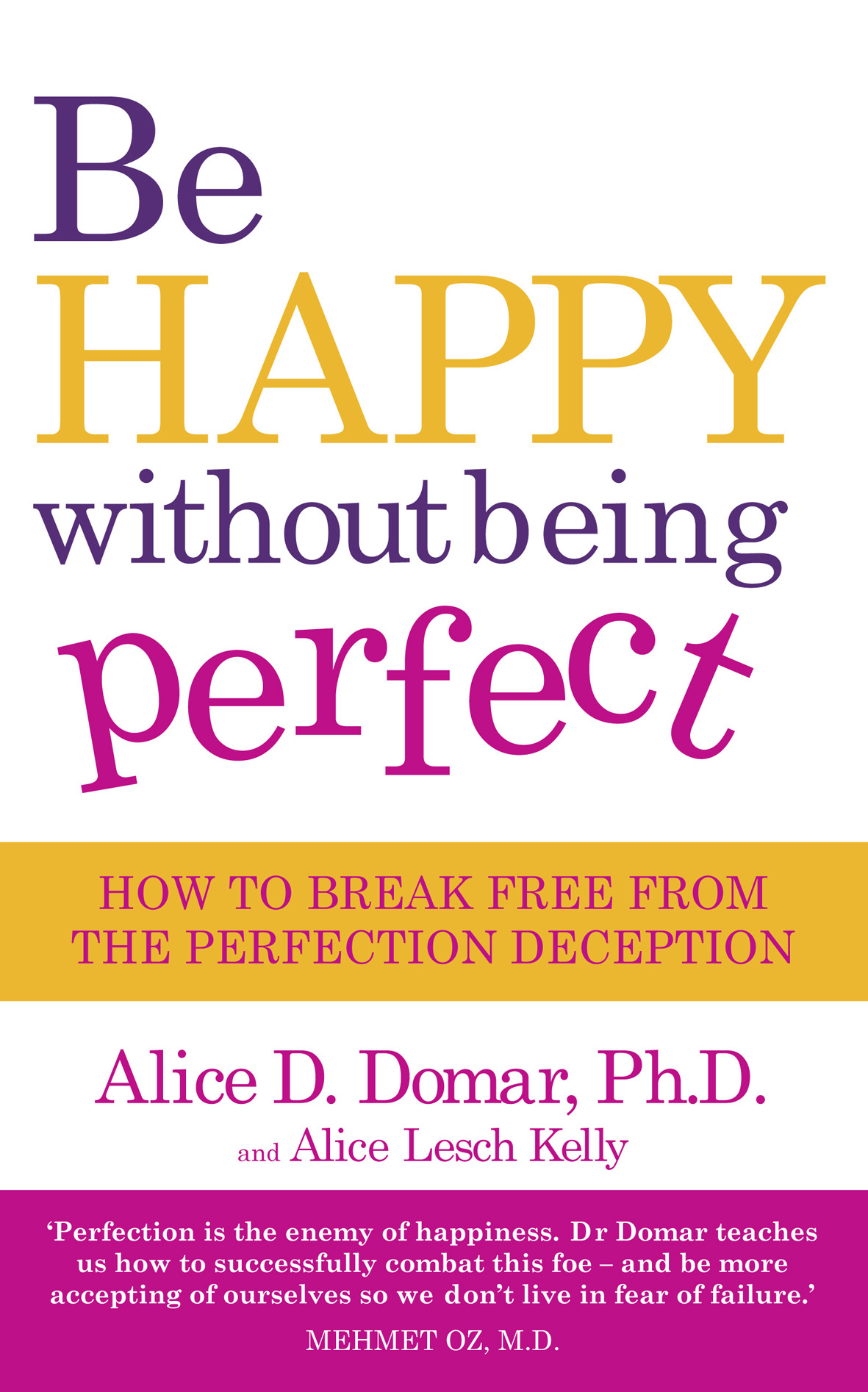<link href="https://cdn.sur.ly/widget-awards/css/surly-badges.min.css" rel="stylesheet">
<div id="surly-badge" class="surly__id_56779743 surly-badge_white-gradient" onclick="if(event.target.nodeName.toLowerCase() != 'a' && event.target.parentElement.nodeName.toLowerCase() != 'a') {window.open('https://sur.ly/i/parentingwithouttears.com/'); return 0;}">
<div class="surly-badge__header">
<h3 class="surly-badge__header-title">Content Safety</h3>
<p class="surly-badge__header-text">HERO</p>
</div>
<div class="surly-badge__tag">
<a class="surly-badge__tag-text" href="https://sur.ly/i/parentingwithouttears.com/"> parentingwithouttears.com </a>
</div>
<div class="surly-badge__footer"> <h3 class="surly-badge__footer-title">Trustworthy</h3> <p class="surly-badge__footer-text">Approved by <a href="https://sur.ly" class="surly-badge__footer-link">Sur.ly</a> </p> </div> <div class="surly-badge__date">2023</div>
</div>
 The thesis of Be Happy without Being Perfect is that many women feel unhappy and underachieve because they have internal standards of perfection that they can never hope to satisfy. The authors, Alice Domar with Alice Lesch Kelly, have experience in medicine including psychology and in journalism. This happy marriage of talents means that the book is well referenced with many real case studies and it is written in an accessible and clear way.
The thesis of Be Happy without Being Perfect is that many women feel unhappy and underachieve because they have internal standards of perfection that they can never hope to satisfy. The authors, Alice Domar with Alice Lesch Kelly, have experience in medicine including psychology and in journalism. This happy marriage of talents means that the book is well referenced with many real case studies and it is written in an accessible and clear way.
I found the chapter about women’s changing roles over the last century very interesting and informative. It was instructive to realise how our self image has been deformed by these changes to leave many of us with deep-seated dissatisfaction with ourselves and everything we do.
If you are in any doubt that this affects you, there are chapters on recognising the perfectionist traits in yourself and also quizzes that alert you to the internal monologue detailing our shortfalls that many of us carry on.
The book goes on to detail what one can do about these problems – cognitive restructuring is a major weapon. This technique involves identifying detrimental thoughts, challenging them and then restructuring them so thoughts are healthier and happier. Many examples show how this can work.
Other techniques are explored, including meditation, yoga, visualisation, keeping a journal, and having a good laugh. It is clear that there would be a method here for almost everyone with the will to follow them.
Finally Be Happy without Being Perfect explores specifics – how perfectionism can affect self image, make you a neat freak, poison your attitude to work, affect your personal relationships with partner and children, and make you unable to make effective decisions. In each case advice and strategies are detailed and there are passages from women who have tackled each type of problem.
Overall, I enjoyed this book and found many of the problems detailed in it rang true for me. I have not read many similar self-help books, as often they seem too self-pitying for my liking, but Be Happy without Being Perfect kept me engaged and I felt that I was to some extent empowered by having read it. I have yet to try any of the techniques for changing thought patterns, but I have not dismissed the idea of doing so.
I would recommend Be Happy without Being Perfect as an interesting read and I feel it may be helpful for many women.
Published by Piatkus, Be Happy without Being Perfect is available from Amazon. To order a copy, click the link below:
Be Happy Without Being Perfect: How to Break Free from the Perfection Deception